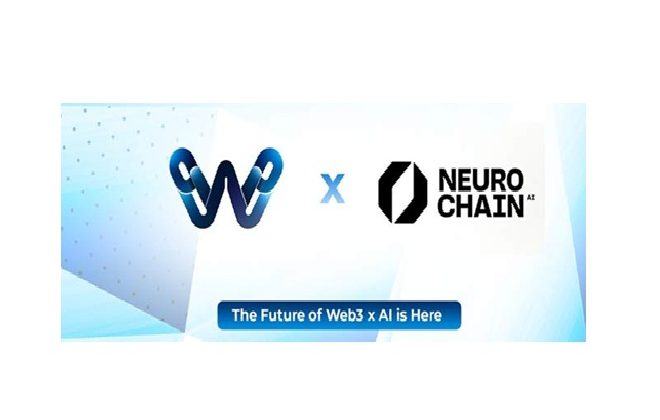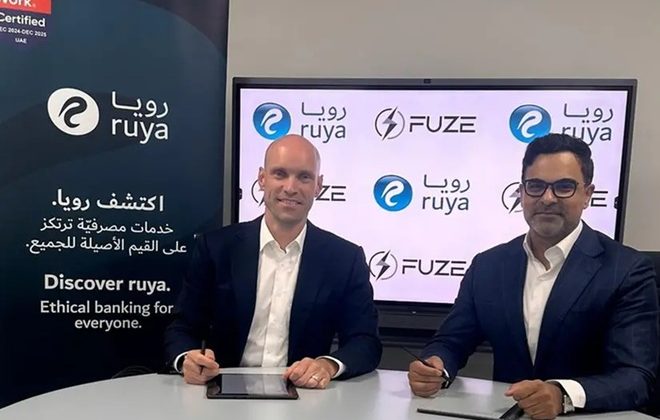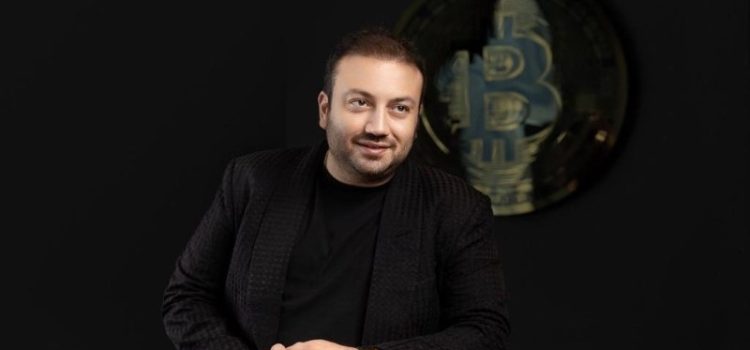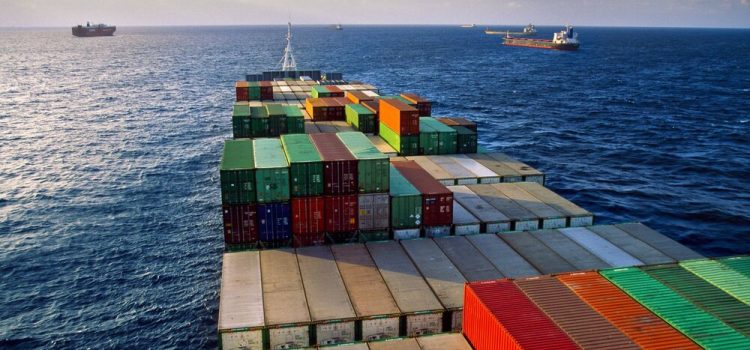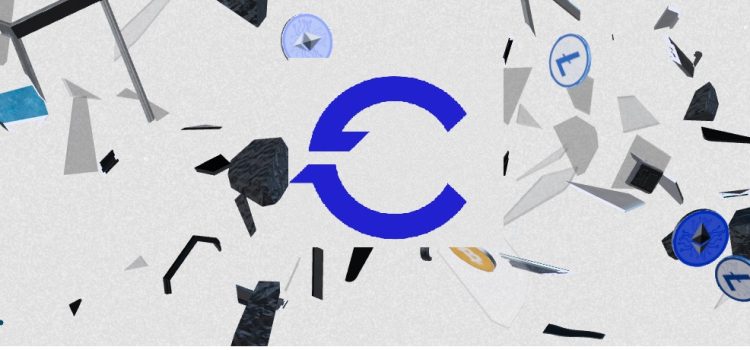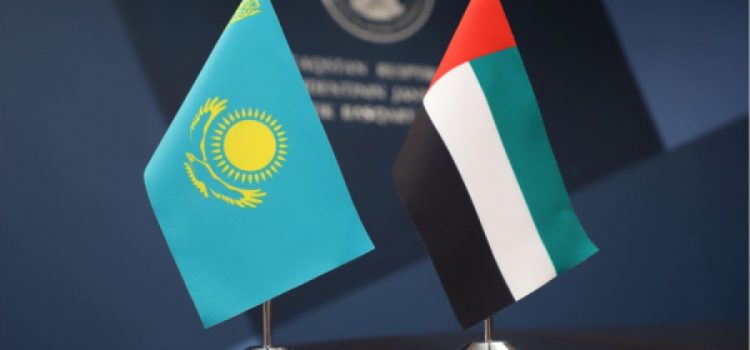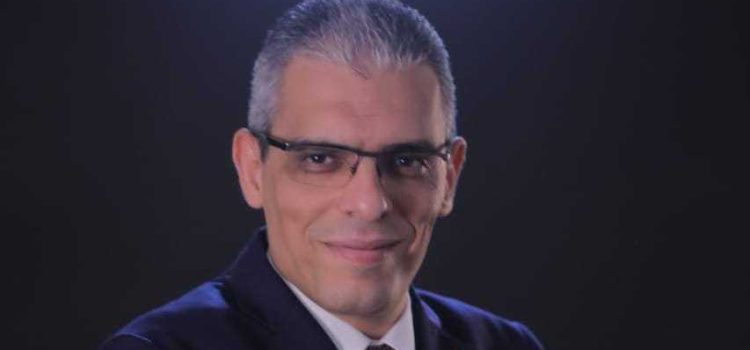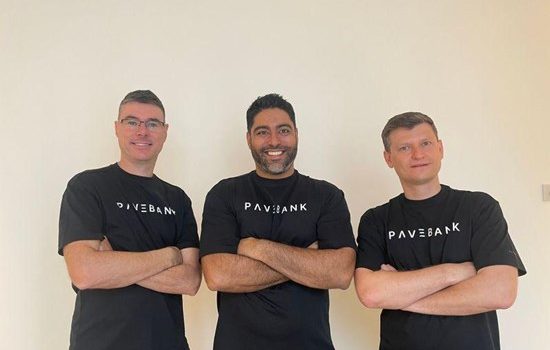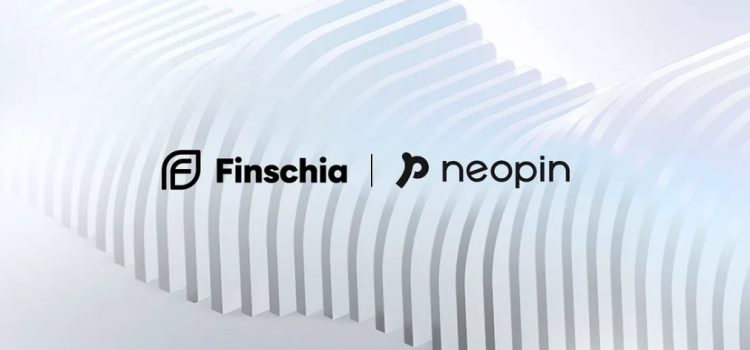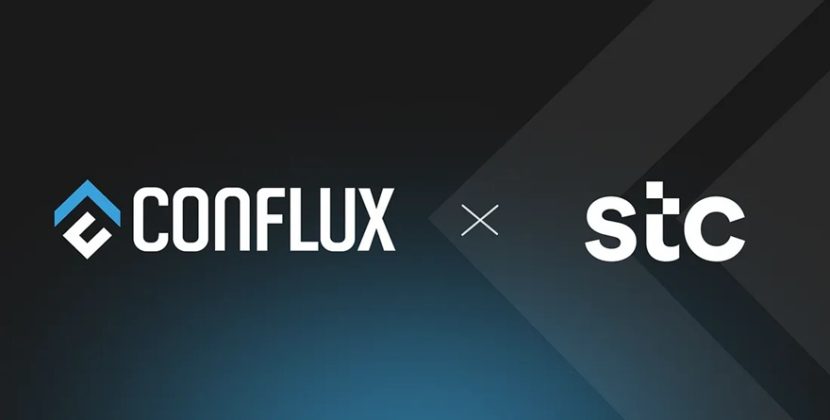
Phoenix Group PLC, crypto mining and Web3 Group, has strategically invested in Lyvely, a UAE-based platform poised to reshape how creators and consumers interact and monetize online.
According to the news, Lyvely’s revolutionary platform with the investment will leap beyond the confines of e-commerce, fostering direct-to-consumer relationships through a unique blend of Web2 and Web3 features. Powered by its own digital currency launching in Q1 2024, Lyvely empowers creators with seamless monetization opportunities and grants consumers exclusive access and personalized experiences.
Bijan Alizadehfard, Co-Founder & Group CEO of Phoenix Group, stated, “Phoenix Group’s strategic investment in Lyvely illustrates and supports Phoenix’s Vision to support home grown tech start-ups and the future of innovation. With Lyvely, we are not just acquiring a stake in a company, we’re investing in the future of the digital and creator economy, which has huge potential and is on an exponential growth trajectory. “
“We are proud to invest in Lyvely, a UAE homegrown platform, which represents a revolutionary fusion of Web 2 and Web 3 capabilities, poised to redefine how creators and consumers interact in the digital space. This acquisition marks a significant milestone in our journey, showcasing our dedication to fostering groundbreaking tech startups, backing visionary founders and diversifying our portfolio. More than just a platform, Lyvely’s vision of empowering creators and users alike, perfectly aligns with Phoenix Group’s commitment to leading the tech industry with trailblazing initiatives.” said Alizadehfard.
Farah Zafar, CEO of Lyvely and MD & Group CLO of Phoenix Group, elaborates, “This isn’t just an investment – it’s a strategic alliance between a Web3 powerhouse and tech innovators with the collective vision to revolutionise the way people monetise online and to empower everyone’s digital and web3 footprint. Lyvely’s unique blend of social e-commerce and content monetization, powered by Web3 capabilities, has the potential to disrupt the status quo and empower both creators and users alike. Together, we aim to push the boundaries of digital experiences and lead the way in this rapidly evolving landscape.”
Dave Catudal, Co-founder of Lyvely, expressed his enthusiasm, “Phoenix’s expertise in the cryptocurrency sector perfectly complements our mission at Lyvely. Their investment and support validate our vision and will significantly enhance our technological capabilities and growth trajectory in the Web3 space.”
Phoenix Group is also an investor in M2 crypto currency exchange that launched recently out of Abu Dhabi UAE.

